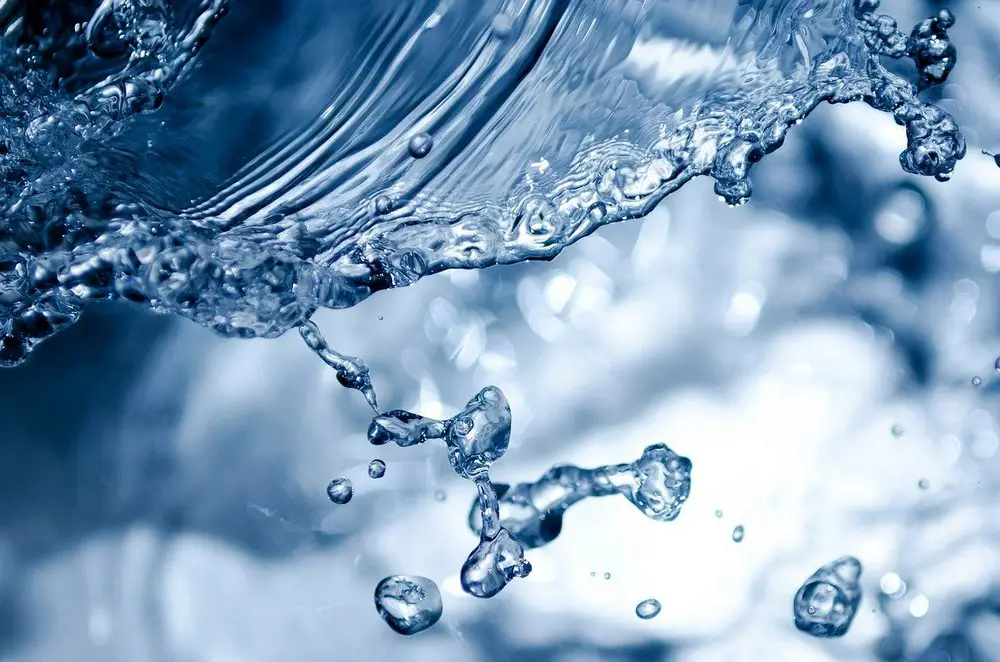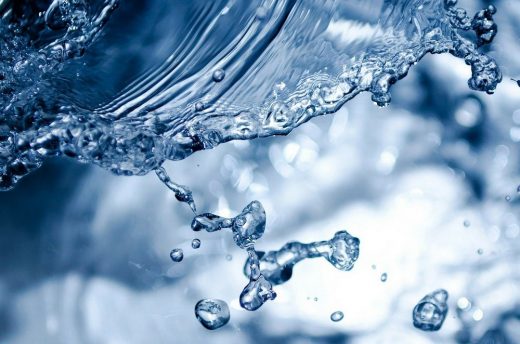Mistakes to avoid with water filtration in commercial applications, Building filter tips, Avoid fluid contaminants advice
Avoid Water Filtration Mistakes
19 Aug 2021
For many industries, from food processing to manufacturing, pure water is essential. The water filtration systems available for commercial applications are highly effective, but only when used properly. When errors like incorrect installation and ignored maintenance arise, the quality of the water suffers, which could impact a business’s overall function. Avoid these common mistakes with your commercial water filtration system.
Overlooking the Importance of Installation
A successful water filtration system can only do its job if it’s installed properly. Installing a water filter in the wrong location, selecting a filter that won’t work well in your application, and not properly installing the filter may not create immediate issues, but overtime could cause a failure of the water filtration system. As you develop your water filtration plan, work with an expert to determine the best type of filter for you application, as well as the right location to utilize the filter effectively. Points of contamination should be determined, as well as high-risk points of contamination, and the point of last-chance-removal. This will allow the filter to work effectively to remove contamination where it’s likely to be found.
While your installer is an expert at water filtration, however, they may not be an expert in your industry or application. This is why it is critical for members of your team to be a part of the planning, development, and implementation of your water filtration system. Your team members will play a valuable role in understanding the contaminants found in the water and what specific contaminants need to be removed. For example, a restaurant or food processor would want to ensure that all bacteria and microorganisms are removed from their water, while a manufacturing plant may be more concerned with sediment than bacteria. To be sure your filtration system functions properly from the start, focus on planning and installation.
Failing to Pretreat
Not all filters are designed to catch all contaminants, so it’s possible that your water could benefit from pretreatment. When the pretreatment process is ignored, it could lead to scale formation and excessive fouling. This could cause a variety of issues, from loss of water pressure to damage of equipment down the line. System shutdowns could also occur more often, as filters will need to be replaced more frequently.
Adding a prefilter allows your main filter to do its job more effectively. Your prefilter will work to eliminate large contaminants and sediment before it makes its way to the main filter. This allows your reverse osmosis system to more effectively remove chloride and dissolved solids or your ultraviolet filter to remove microorganisms and parasites. Not only will your water be cleaner, you may also see fewer pressure fluctuations and require filter replacement less frequently.
Selecting the Wrong Filter for the Application
No filtration system is a one-size-fits-all solution, and many factors go into determining the right filters for an application. The contaminants found in the water supply, the use of the water after filtration, and the ability of the system to shut down for cleaning and replacement should all be considered when planning your system and selecting filters. The mesh and micron rating of your filter are also important considerations.
A micron (one millionth of a meter) is the unit of measure filtration experts use to determine the size of a filter opening. Filters with higher micron ratings have larger openings, and therefore let larger particles through, while a smaller micron rating means that the filter openings are smaller, blocking larger contaminants. Mesh, on the other hand, measures the number of openings per inch. Large mesh numbers means that the filter has more openings per inch and will filter out more contaminants.
While choosing the right filter is important from the beginning, choosing the right replacement filter is just as important. It can be tempting to purchase a less expensive filter, and while being budget conscious is understandable for business owners, this may not be the best way to save a few dollars. Even a filter of the same size may have different mesh or micron ratings, resulting in a vastly different filtration process. In order to allow your filtration device to function properly, follow manufacturer recommendations when purchasing your replacement filters.
Putting off Important Maintenance
When business owners and equipment operators are busy, regular maintenance can often be put on the back burner, especially if things seem to be in working order. However, the entire filtration system can only work at peak performance when all its components are functioning properly. While some filters and strainers have a self-cleaning function, most will need to be removed, either for cleaning or replacement. When filters are not changed regularly, buildup occurs, resulting in a drop in pressure, the formation of scale, and changes to the taste, smell, and appearance of the water.
Filters aren’t the only part of the system that may need replacing. Seals and O-rings, which create a seal between contaminants in the filter and the clean filtered water, often wear down over time. When this happens, it may no longer fit tightly, allowing for contaminated water to continue to make its way downstream. Regular inspection of O-rings and seals are necessary to maintain quality filtration. If worn or broken seals are found, replace them with a manufacturer recommended product.
Avoiding Mistakes with Water Filtration
If clean water is important to your business, it’s important to ensure that your water filtration system is functioning properly. Don’t overlook the importance of installation. Partner with a water filtration expert to select the best equipment for your application and install in the right location, downstream from where contaminants are likely to enter.
Consider a prefilter as well, which will remove larger particles from the water before it makes its way to the main filter. Schedule regular maintenance and inspect filters and seals often, especially when you notice changes to the water supply. Don’t be tempted by cheap replacements, either. Instead, purchase the filters and seals recommended by the filter’s manufacturer. Avoiding these common mistakes will help your water to be as fresh and clean as possible.
Author Bio:
Mark Ligon is the Marketing Manager for Commercial Filtration Supply (CFS). CFS is a distributor and supplier of industrial filtration products, including self-cleaning strainers, bag filtration, cartridge filtration, and replacement parts. CFS has more than a decade of experience providing name brand quality products to the industrial filtration market.
Comments on this Mistakes with Water Filtration in Commercial Applications article are welcome.
Home Water Filters
Home Water Filter Posts
Buying Under Sink Water Filter for the Home?
Avoid Water Filtration Mistakes
Zip Water HydroTap drinking water system
Building Articles
Residential Architecture
Comments / photos for the Mistakes to Avoid with Water Filtration in Commercial Applications page welcome






